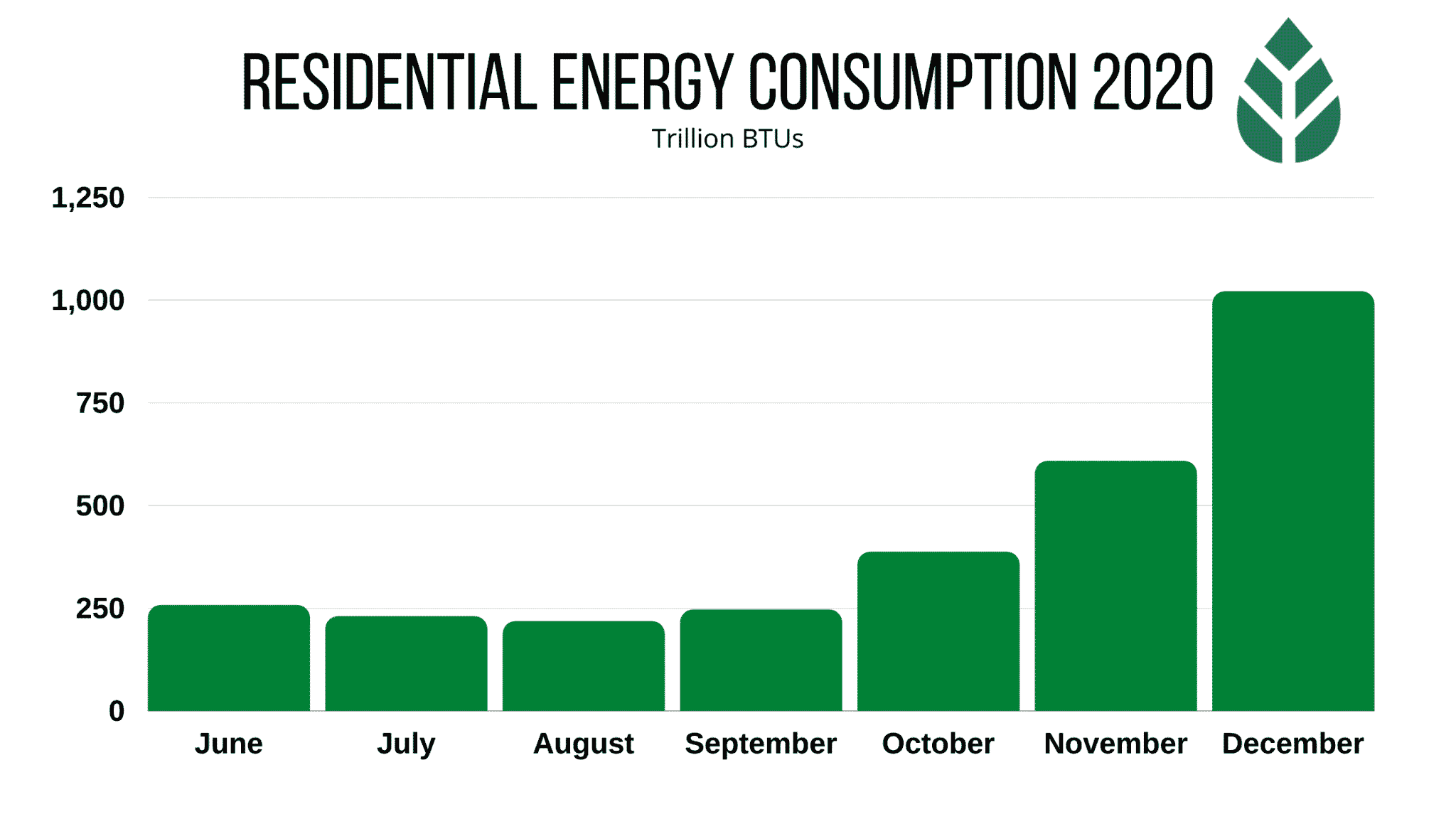Tackling Holiday Season Energy Consumption in 2023

As the holiday season approaches in 2023, it’s not just the spirits that rise – energy consumption experiences a notable surge. Understanding the dynamics of this uptick is crucial for homeowners looking to balance festive celebrations with sustainable energy practices. Let’s delve into the facts and statistics of holiday energy consumption and explore the top five ways energy is most consumed during this festive period.
- Decorative Lighting: Unsurprisingly, the enchanting glow of holiday lights tops the list, accounting for a significant portion of the energy spike. From twinkling outdoor displays to intricately lit Christmas trees, decorative lighting creates a warm and festive ambiance but also drives up energy usage.
- Cooking and Baking: The holiday season is synonymous with indulgent feasts and family gatherings, leading to extended cooking and baking sessions. Ovens, stovetops, and other kitchen appliances work overtime during this period, contributing to a substantial increase in energy consumption.
- Heating and Cooling: Depending on your location, the winter holidays may coincide with a need for heating, while those in the southern hemisphere may require cooling. Both activities contribute significantly to energy usage as homeowners strive to maintain a comfortable environment for guests.
- Electronics and Entertainment: From holiday movie marathons to music streaming and gaming, electronic devices play a substantial role in energy consumption during the festive season. The demand for constant entertainment adds to the strain on energy resources.
- Increased Travel: While not directly related to household energy use, the holiday season often involves increased travel, contributing to higher energy consumption in the transportation sector.
Now, armed with an understanding of the top energy-consuming activities, let’s explore five effective ways to combat the holiday energy demand:
- LED Lighting: Opt for energy-efficient LED lights for your festive decorations to significantly reduce energy consumption compared to traditional incandescent bulbs.
- Smart Cooking Practices: Plan your holiday meals strategically, using energy-efficient appliances and multitasking in the kitchen to minimize energy use.
- Temperature Regulation: Utilize programmable thermostats to manage heating and cooling efficiently. Ensure doors and windows are properly sealed to retain indoor temperatures.
- Entertainment Efficiency: Consider energy-efficient electronics and make a conscious effort to turn off devices when not in use. Encourage guests to unplug chargers and devices when not needed.
- Renewable Energy Solutions: If feasible, invest in solar panels and storage systems to harness renewable energy and offset the increased demand from traditional sources.
By adopting these practices, homeowners can navigate the energy peaks of the holiday season responsibly, creating a festive atmosphere without compromising on sustainability.


